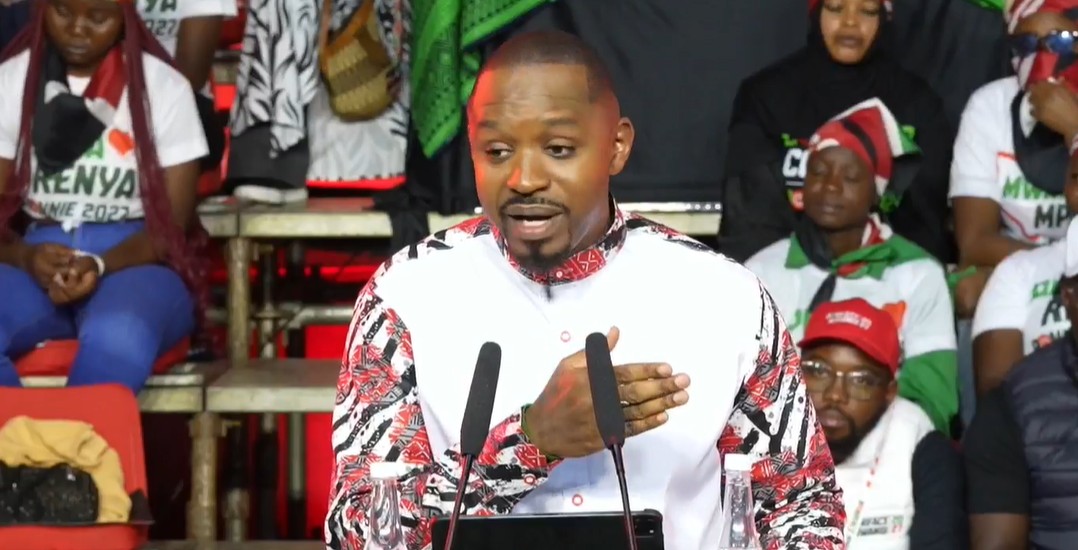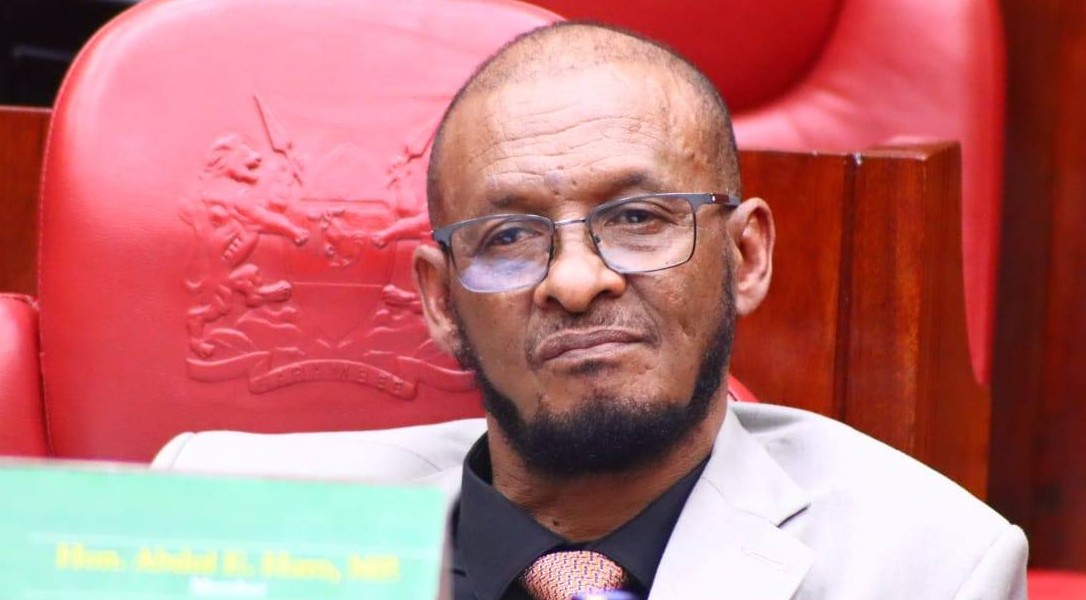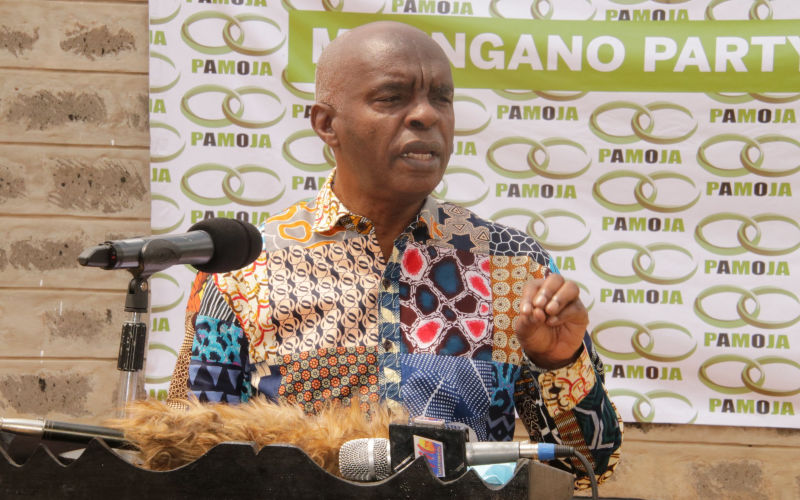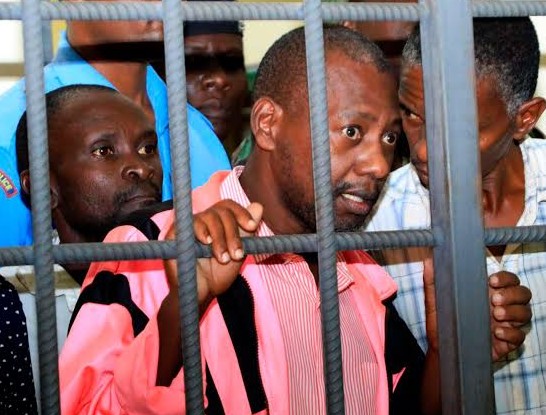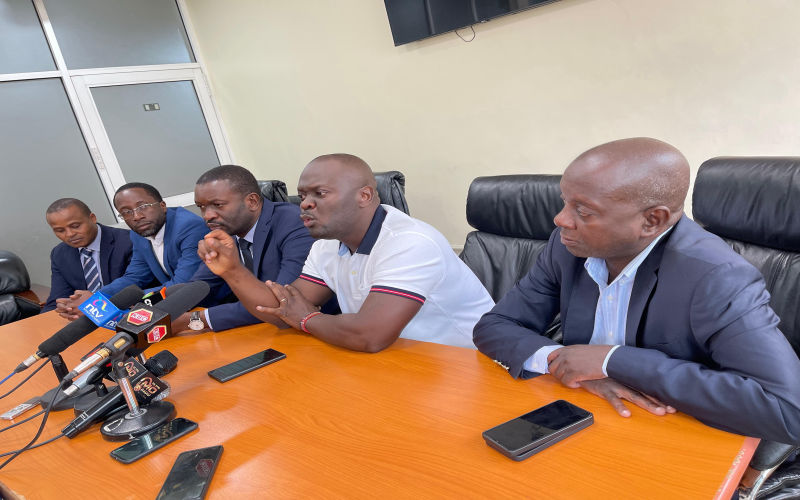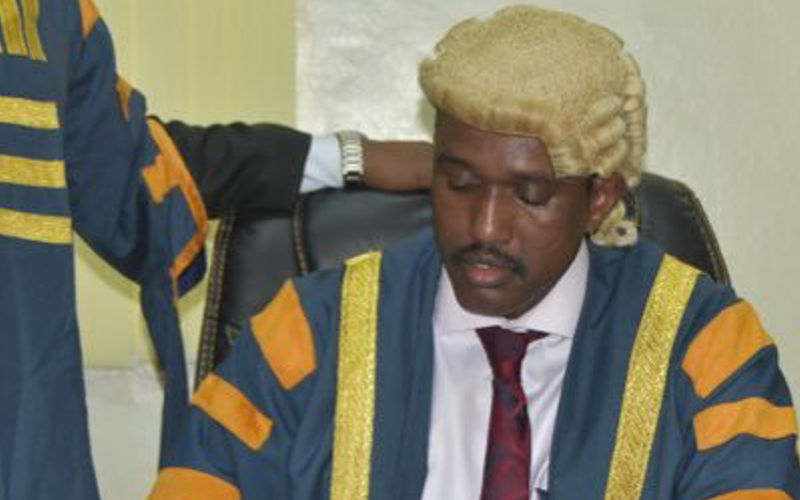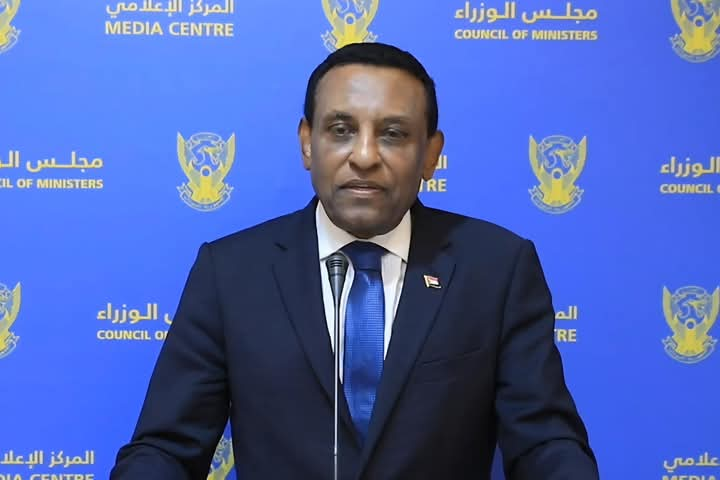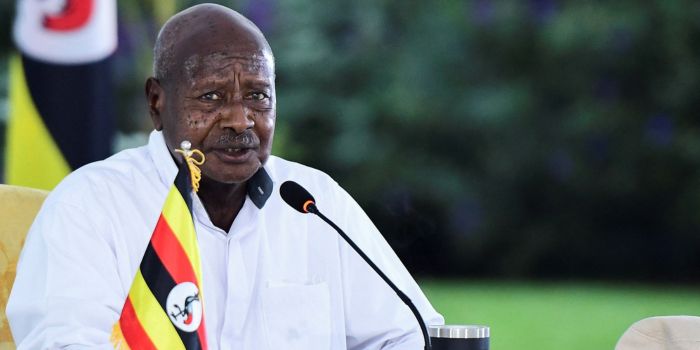
Ugandan President Yoweri Museveni has signed into law the controversial Uganda Peoples' Defence Forces (Amendment) Act, 2025, that allows military courts powers to try civilians under special circumstances.
This comes after the ruling National Resistance Movement (NRM) passed the Bill on May 20, granting military tribunals the authority to prosecute civilians in cases involving restricted weapons, treason, or collaboration with soldiers in serious offences like aggravated robbery and murder.
More To Read
- Uganda confirms deal to accept migrants deported from US
- 177 Ugandans pick nomination forms in bid to unseat Yoweri Museveni
- Uganda’s NUP moves to court to block civilians being tried in military courts
- 20-year-old student announces bid to unseat Museveni in 2026
- Ugandan opposition leader Kizza Besigye denied bail as treason trial drags on
- Uganda to host two million refugees by end of 2025 due to escalating crises - UN
A total of 197 ruling NRM MPs attended the plenary and unanimously approved all the proposed amendments to the Bill.
Uganda's Parliament announced the development in a statement on its official X account on Monday, June 16.
"President @KagutaMuseveni has assented to The Uganda Peoples' Defence Forces (Amendment) Act, 2025," tweeted the Parliament of Uganda.
On May 21, Museveni was quick to congratulate Ugandan MPs for passing the Bill, commending them for helping to avert what he described as a looming clash between the army, Parliament and the courts.
"I want to congratulate the Members of Parliament for passing the UPDF Amendment Bill. There was going to be a serious problem because some people were saying if a soldier does commit a crime such as killing a person, involving in theft or rapes a woman, they should be taken to the sub county (civilian courts) instead of the court martial. Those who were involved have to repent. There was going to be a serious collision between the army, parliament, and the courts of law, but they have saved us the embarrassment,” Museveni said at the time.
Museveni's son, General Muhoozi Kainerugaba, shared the same sentiments, lauding the MPs, whom he described as "fearless patriots", for passing the Bill. "Today, you proved you are fearless patriots! Uganda will remember your courage and commitment," stated Kainerugaba on May 21.
The Bill was passed by Parliament and assented into law despite strong opposition from non-government-allied MPs, civil society groups and legal experts who argue that its passage violates a January 31 Supreme Court ruling, which declared the trial of civilians in military courts unconstitutional.
The Supreme Court decreed that military courts lacked jurisdiction over civilians and ordered such cases, including that of opposition leader Kizza Besigye, to be transferred to civilian courts.
The law's opponents also contend that Parliament failed to clearly define the circumstances under which such trials would be permitted.
Top Stories Today



